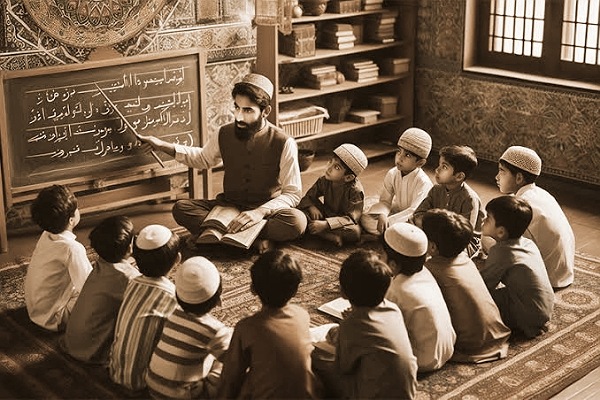In a landmark decision, the Supreme Court upheld the constitutional validity of the 2004 Uttar Pradesh Board of Madrassa Education Law on Tuesday, much to the relief of madrassas in the state.
The court set aside an earlier verdict by the Allahabad High Court, which had declared the law as violative of the principle of secularism. Chief Justice of India D Y Chandrachud, along with Justices J B Pardiwala and Manoj Misra, dismissed the high court’s ruling and stated that a statute can only be struck down if the state lacks legislative competence.
This verdict came as a major relief to teachers and students of madrassas, who faced the possibility of closure and relocation to other schools in the state. The Supreme Court also emphasized that the aim of the law is to standardize the level of education in madrassas, providing students with the same education as their counterparts in formal schools.
The top court had reserved its judgement on pleas challenging the Allahabad High Court’s decision on October 22 and heard arguments from various lawyers before issuing its final ruling. The HC had declared the Act as unconstitutional in March, citing violation of secular principles and ordering for madrassa students to be accommodated in formal schools. However, the Supreme Court stayed this order on April 5, providing a breather for around 17 lakh madrassa students.
This decision by the apex court has not only upheld the rights of students to receive education in their chosen institutions but has also reaffirmed the state’s legislative powers in matters concerning education.
